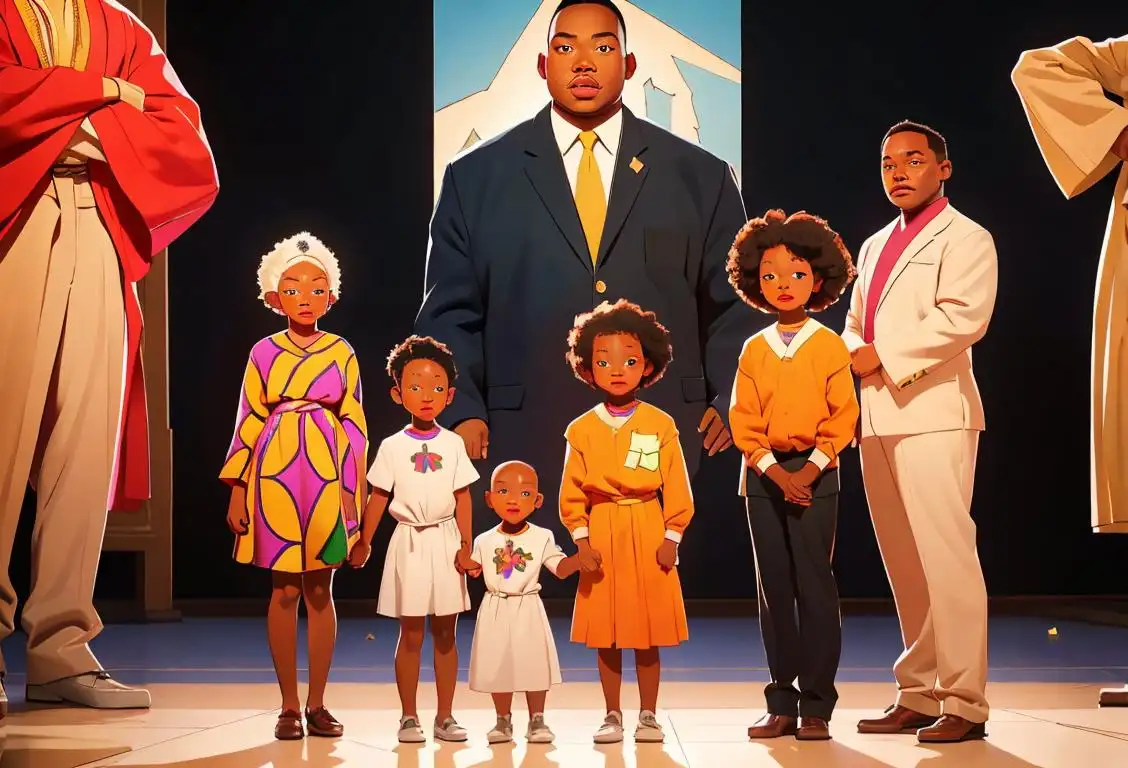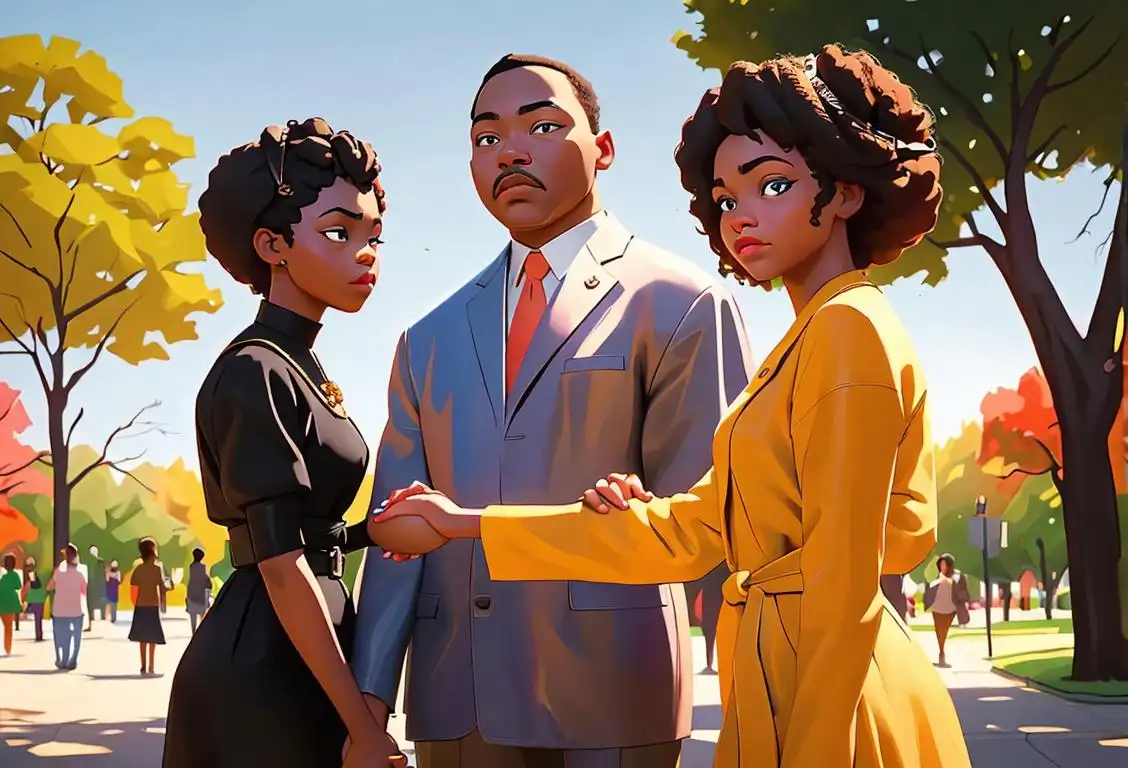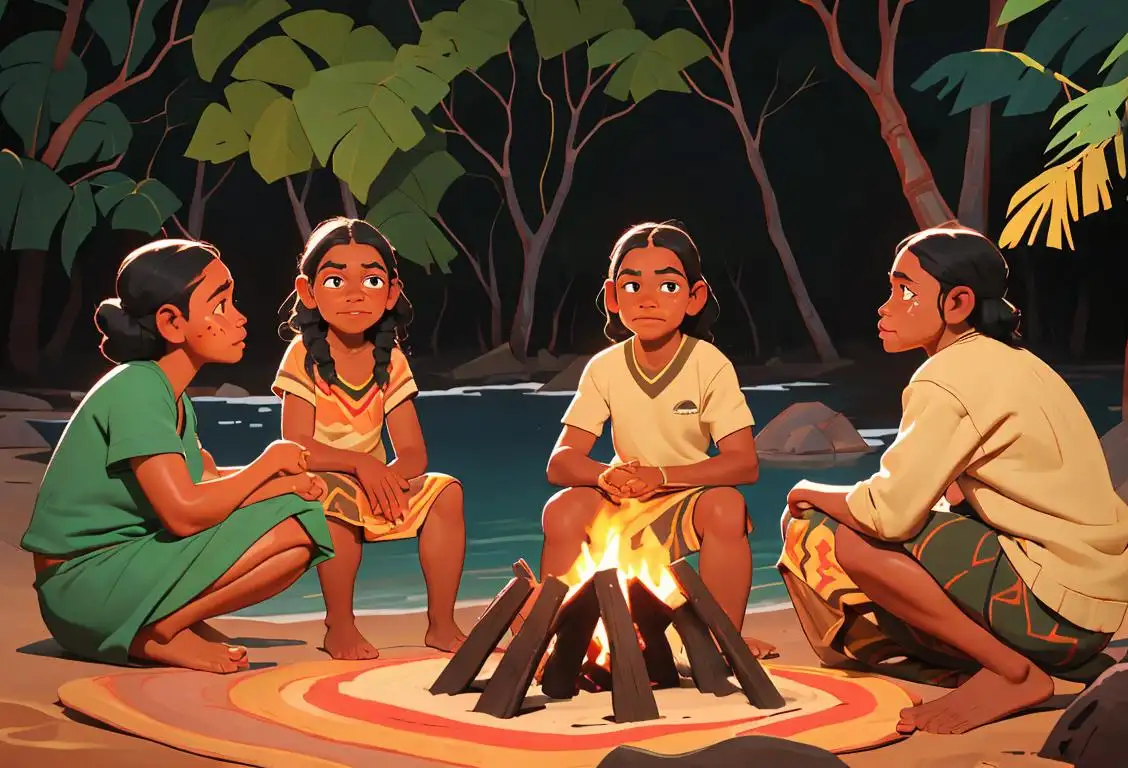National Native American Heritage Day

Hey there, history buffs and culture enthusiasts! It's time to celebrate National Native American Heritage Day, a day dedicated to honoring the rich and vibrant traditions of the indigenous peoples of the United States. Get ready to embark on a journey through time and discover the fascinating history of Native American heritage.
When is Native American Heritage Day?
It's national native american heritage day on the 27th November.
History of National Native American Heritage Day
Did you know that National Native American Heritage Day is celebrated annually on the fourth Friday of November? It was first proclaimed by President George W. Bush in 2008 as a way to recognize the contributions and achievements of Native Americans.
The holiday aims to raise awareness about the diverse cultures, languages, and traditions of Native Americans. It provides an opportunity to appreciate their invaluable contributions to the fabric of American society.
Native American heritage is deeply rooted in the history of the United States, with countless tribes and nations shaping the land long before European settlers arrived. Their rich cultural heritage encompasses art, music, dance, storytelling, and a profound connection to the natural world.
Throughout history, Native Americans have faced numerous challenges and injustices, including forced relocation, broken treaties, and the erasure of their languages and traditions. National Native American Heritage Day serves as a reminder of the resilience and strength of indigenous communities.
History behind the term 'Native American Heritage'
1492
Contact with Christopher Columbus
In 1492, Christopher Columbus made his famous voyage to the Americas, mistakenly believing he had reached India. This contact with the indigenous peoples of the Americas marked the beginning of the history of Native American Heritage.
1607
English Settlement at Jamestown
In 1607, the English established their first permanent settlement in North America at Jamestown, Virginia. This further intensified interactions between Native Americans and European settlers, leading to cultural exchanges and conflicts that shaped Native American heritage.
1830
The Indian Removal Act
In 1830, the United States passed the Indian Removal Act, which authorized the forced removal of Native Americans from their ancestral lands in the Southeastern United States. This tragic event, known as the Trail of Tears, had a profound impact on Native American heritage and resulted in the displacement and loss of thousands of lives.
1887
Dawes Act and Reservation System
The Dawes Act, enacted in 1887, aimed to assimilate Native Americans into mainstream American society by granting them individual land ownership. This led to the division of tribal lands, erosion of Native American cultural practices, and the establishment of the reservation system. The Dawes Act had a lasting impact on Native American heritage.
1924
Indian Citizenship Act
In 1924, the Indian Citizenship Act was passed, granting United States citizenship to all Native Americans born in the country. This important legal recognition of Native American citizenship marked a significant milestone in the recognition and preservation of Native American heritage.
1990
Native American Heritage Month
In 1990, President George H.W. Bush declared the month of November as National Native American Heritage Month. This annual observance offers an opportunity to celebrate and honor the diverse cultures, traditions, and contributions of Native Americans to American society. It serves as a way to raise awareness about Native American heritage and promote understanding and respect.
Did you know?
Did you know that Native Americans have been practicing sustainable agriculture for thousands of years? They utilize techniques such as crop rotation, companion planting, and natural pest control, showcasing their deep understanding and respect for the environment.Tagged
awareness history cultureFirst identified
27th November 2015Most mentioned on
27th November 2020Total mentions
625Other days
Black Women Appreciation Day
Black People Day
African American Museum On Mlk Day
Native American Heritage Day
African American Museum At Not Having To Spend Mlk Day
Aborigines Day
History Day
Indigenous Day
African American Museum In Observance Of Martin Luther King Day
Aboriginal And Torres Strait Islander Day







